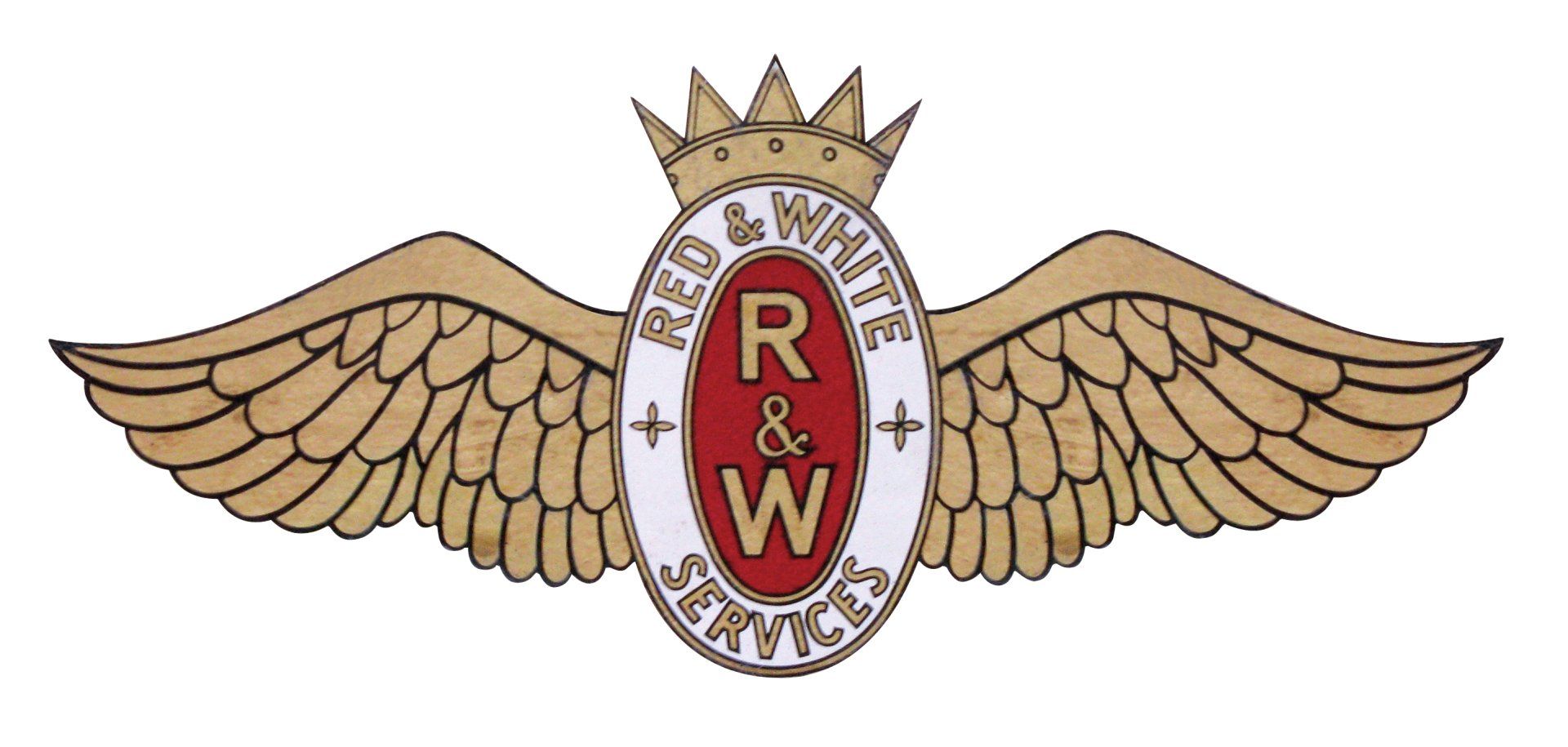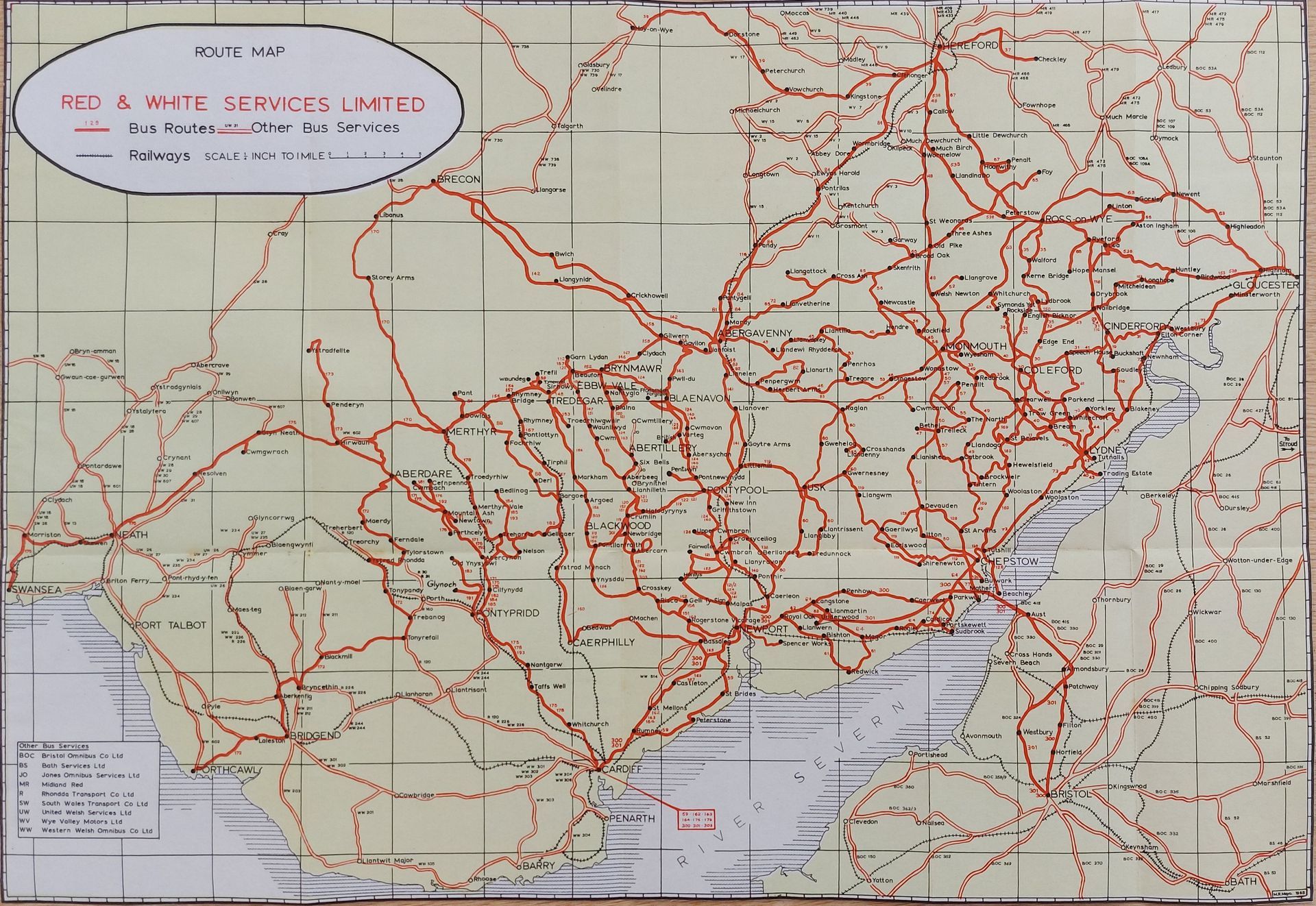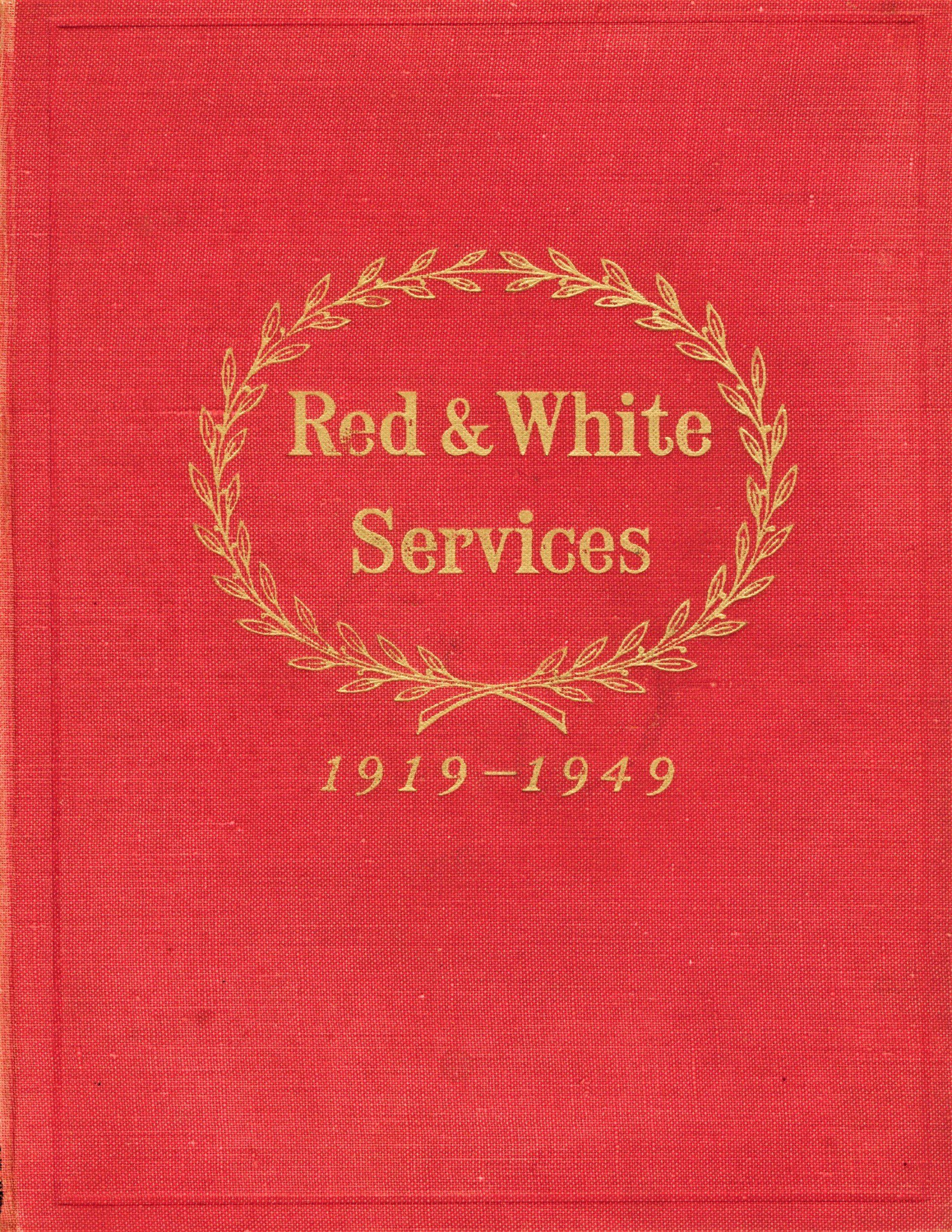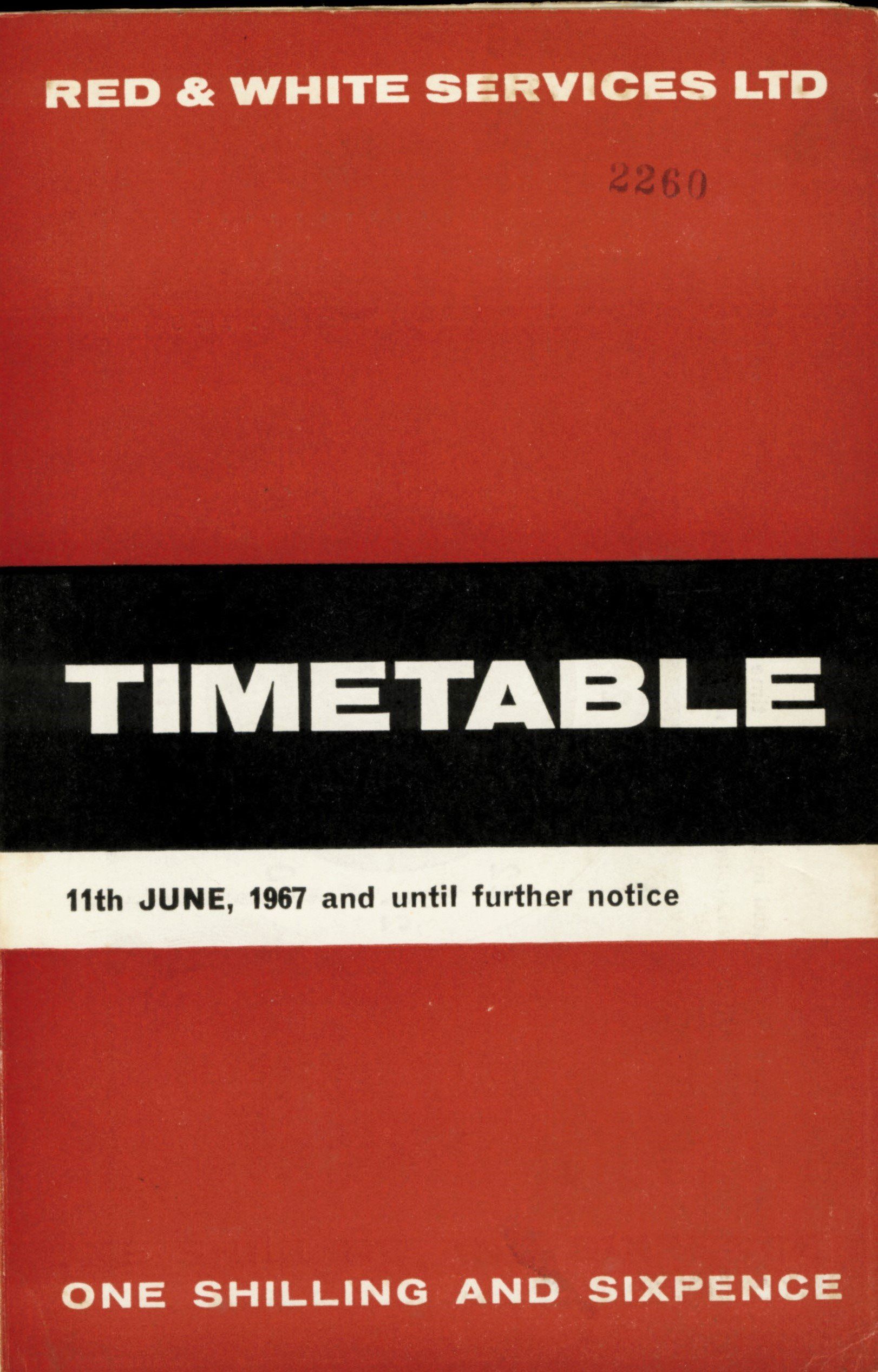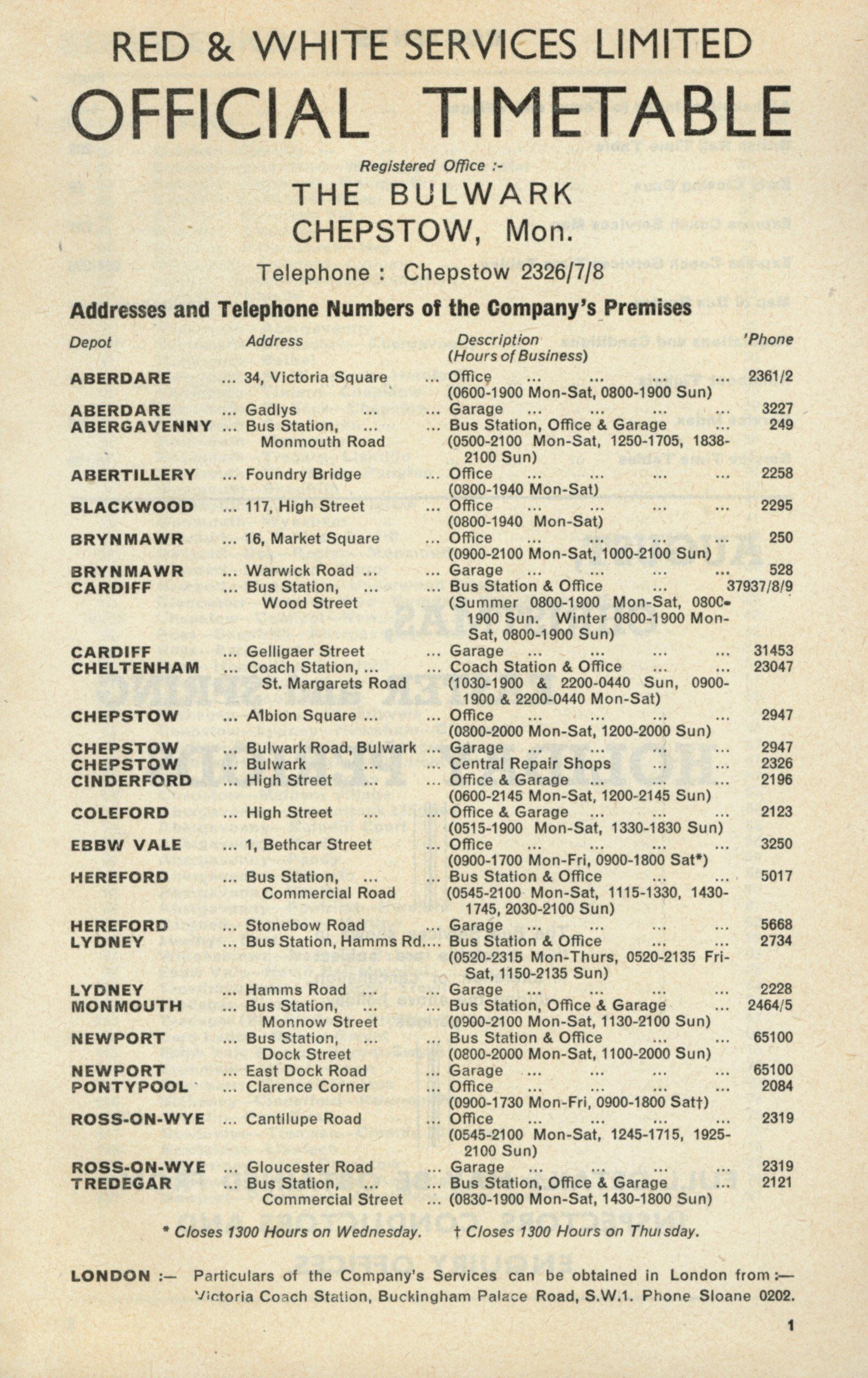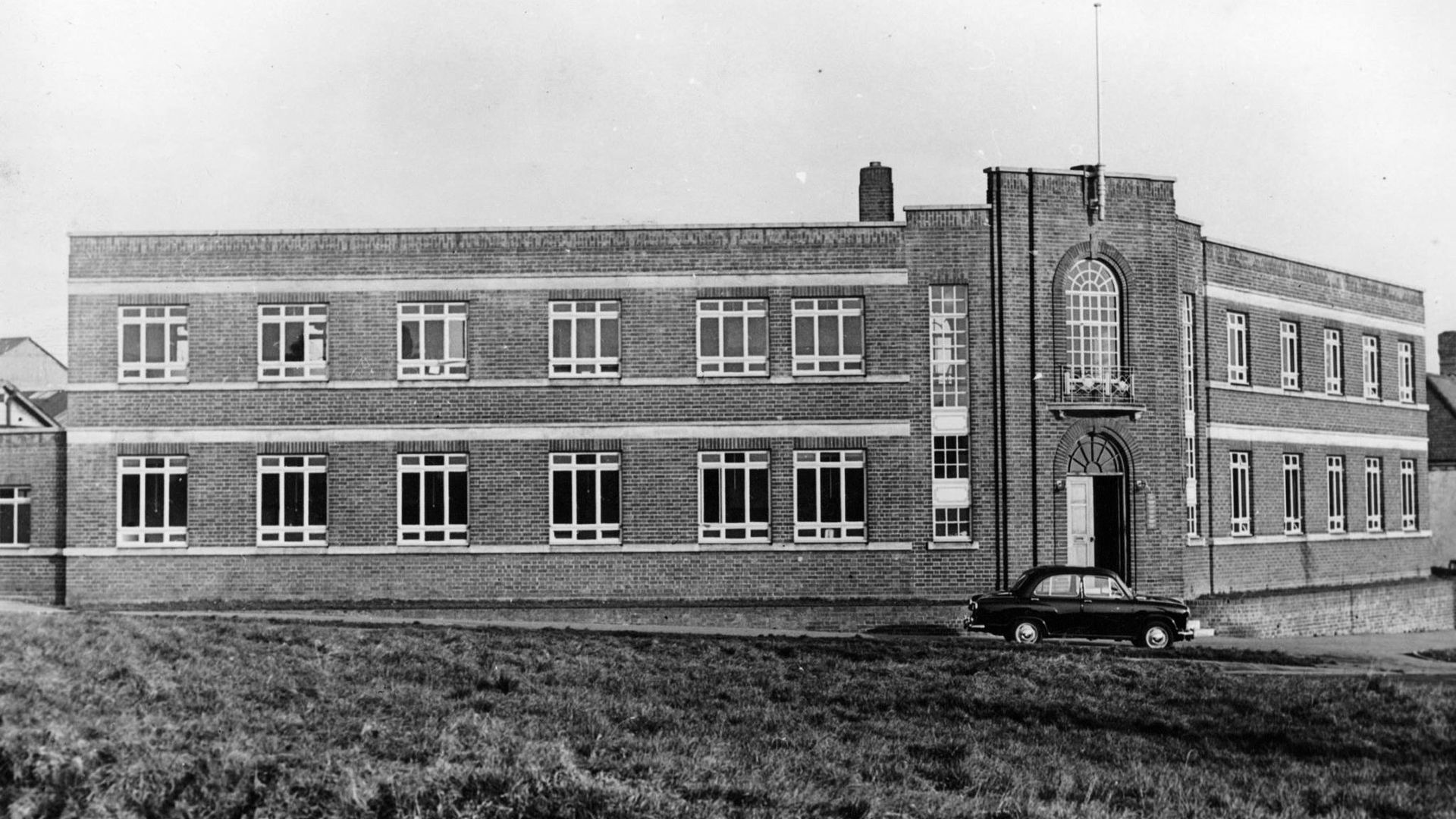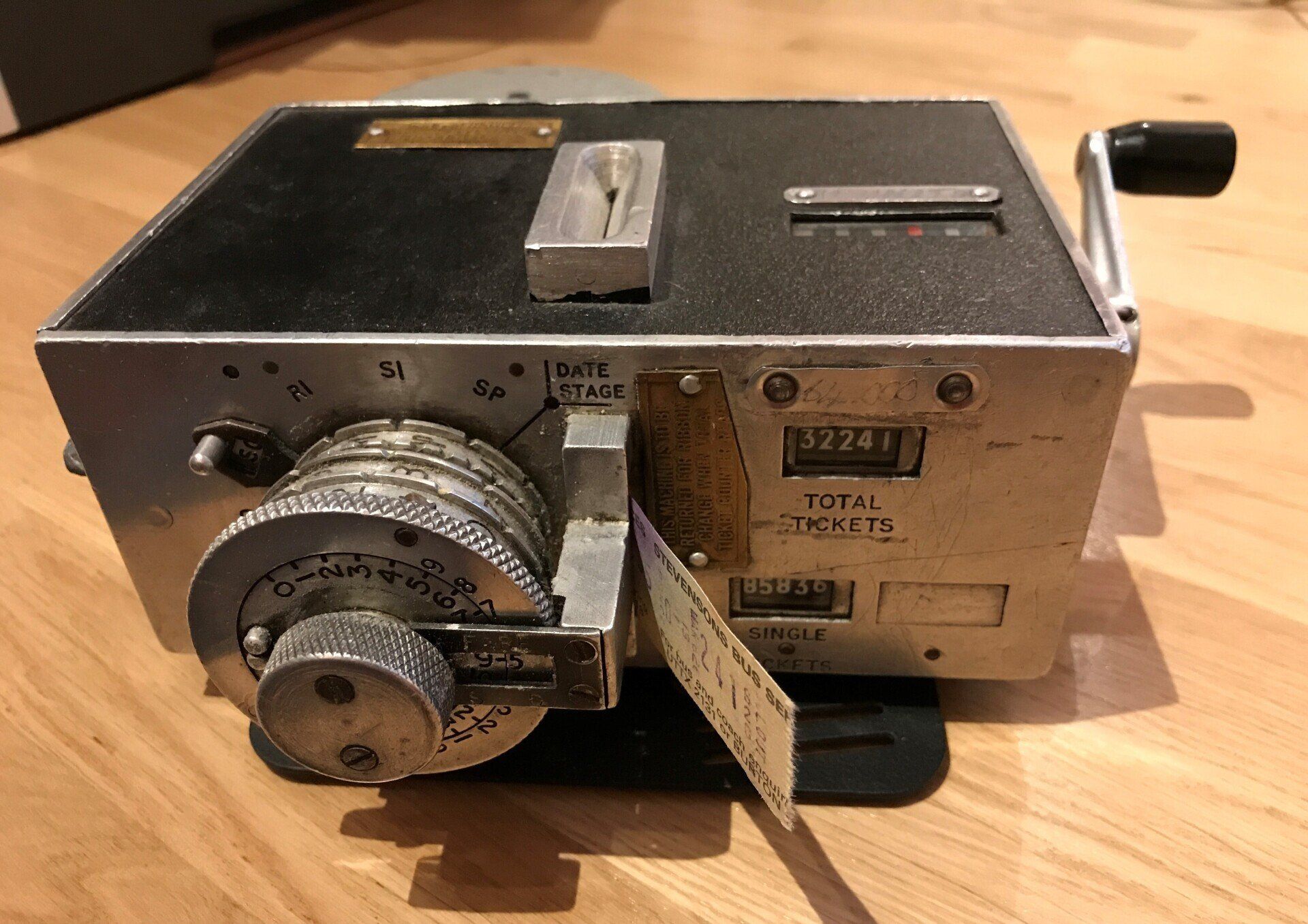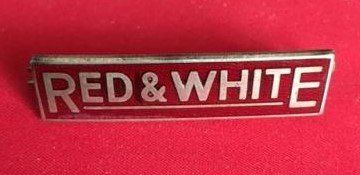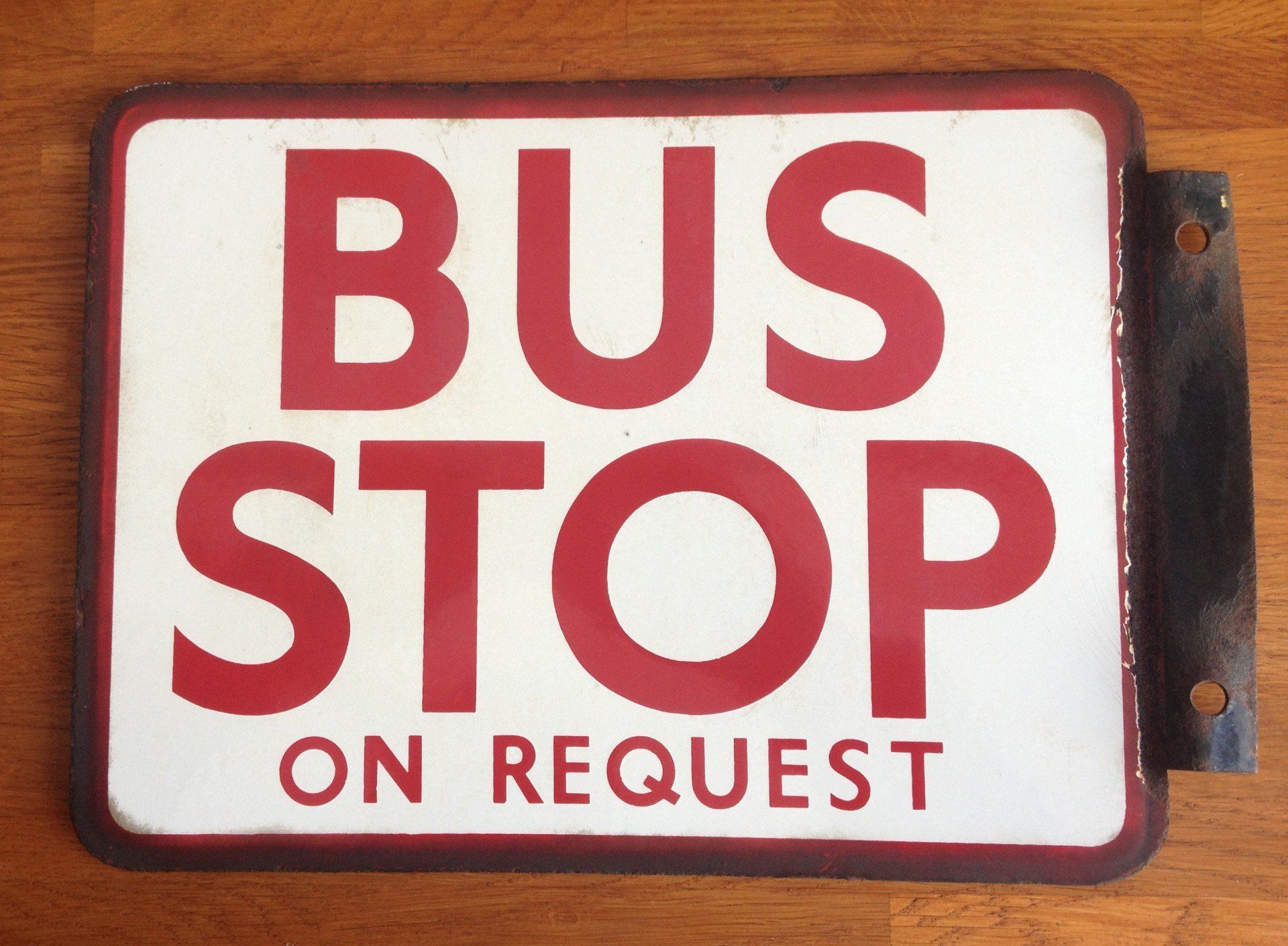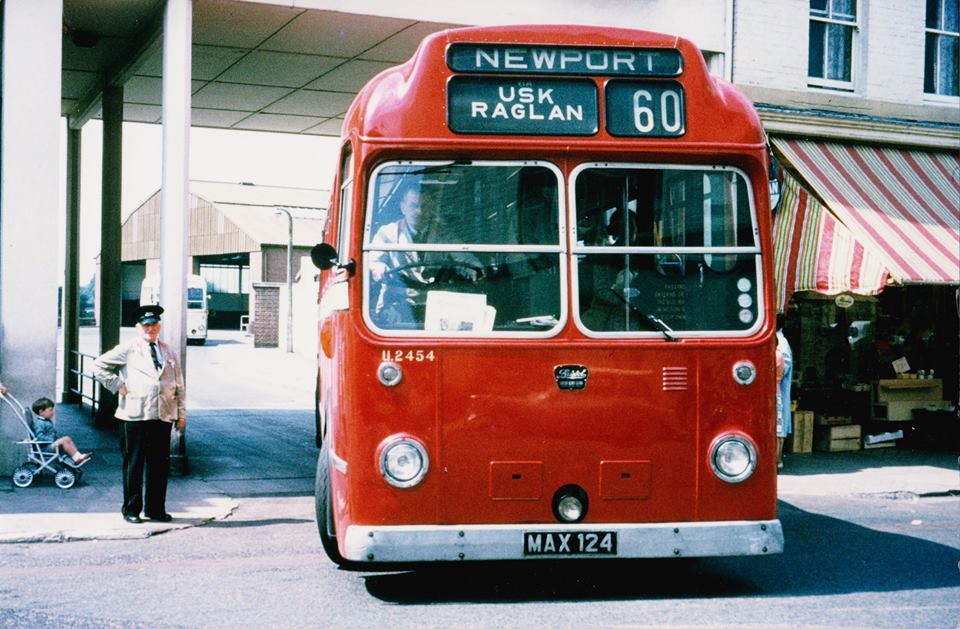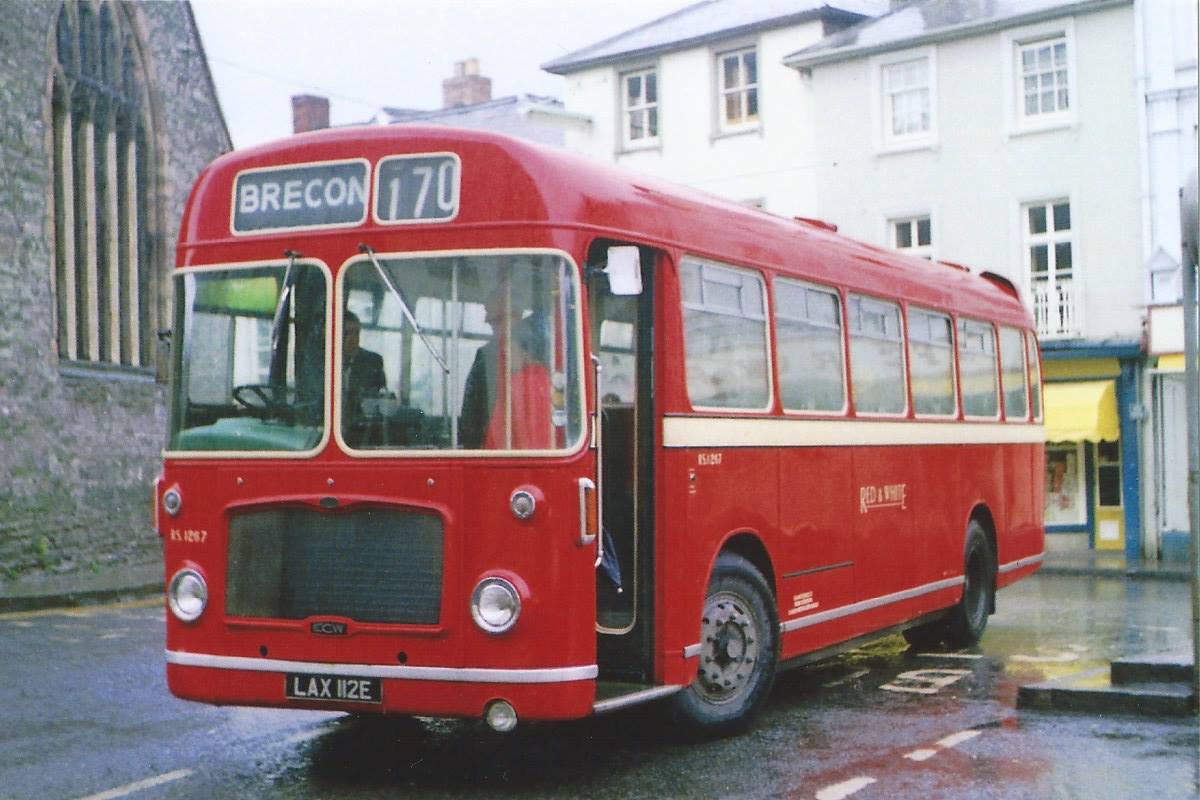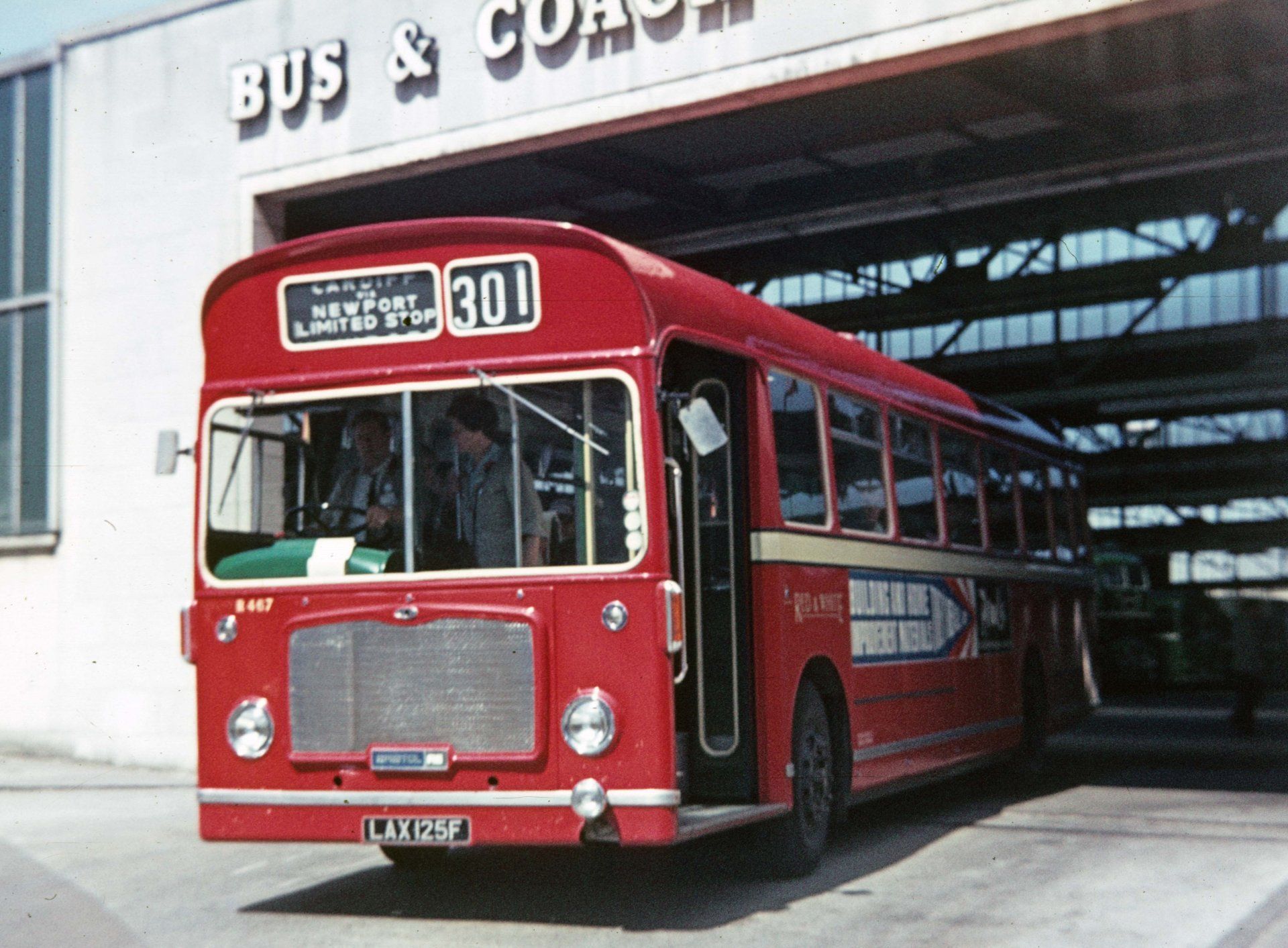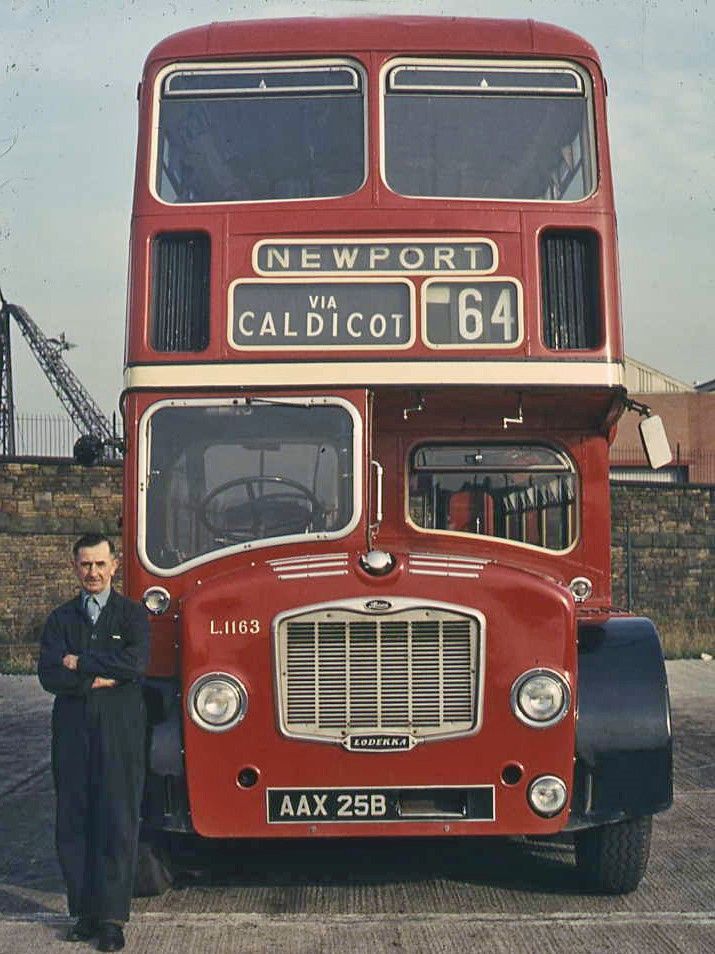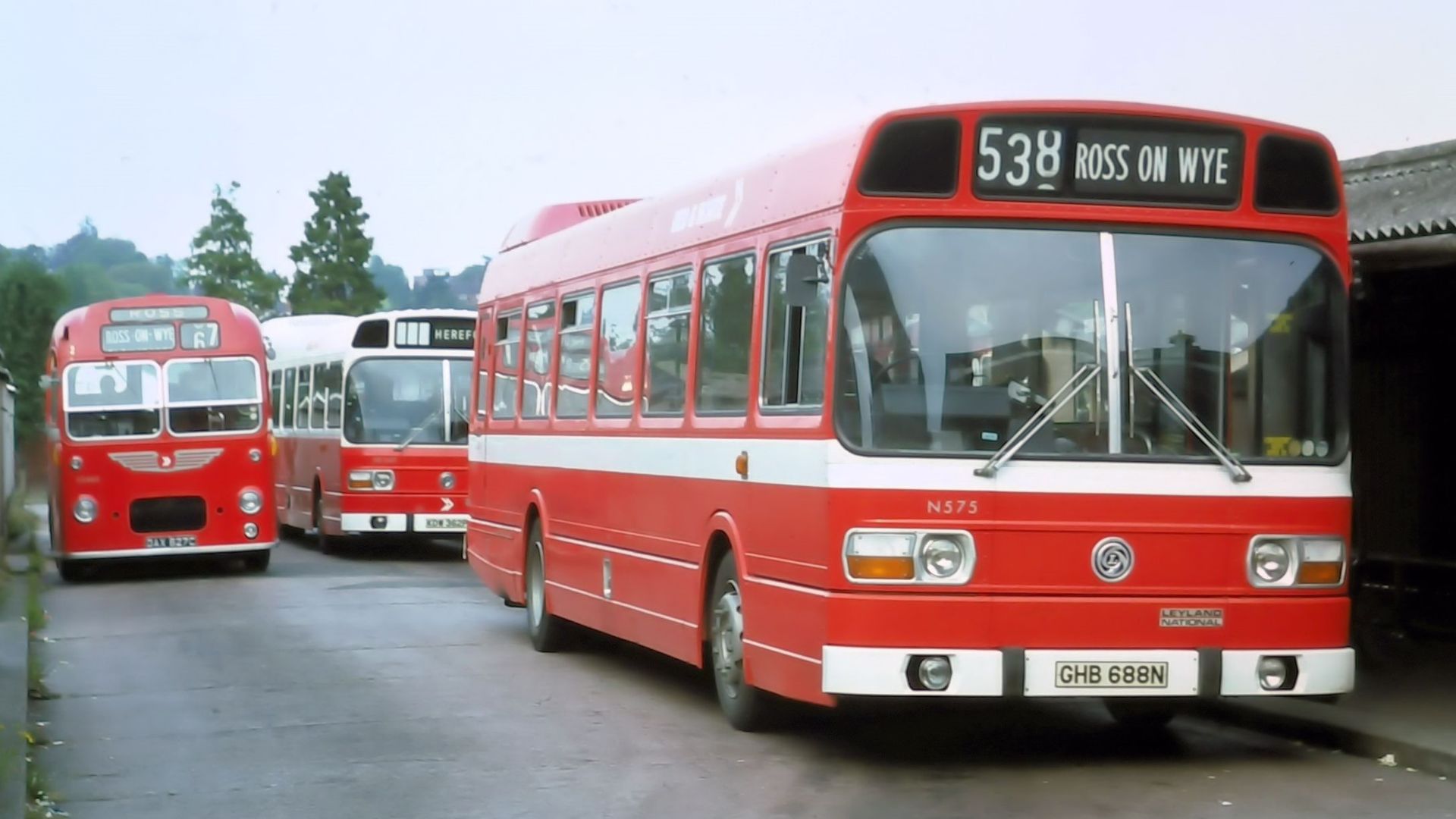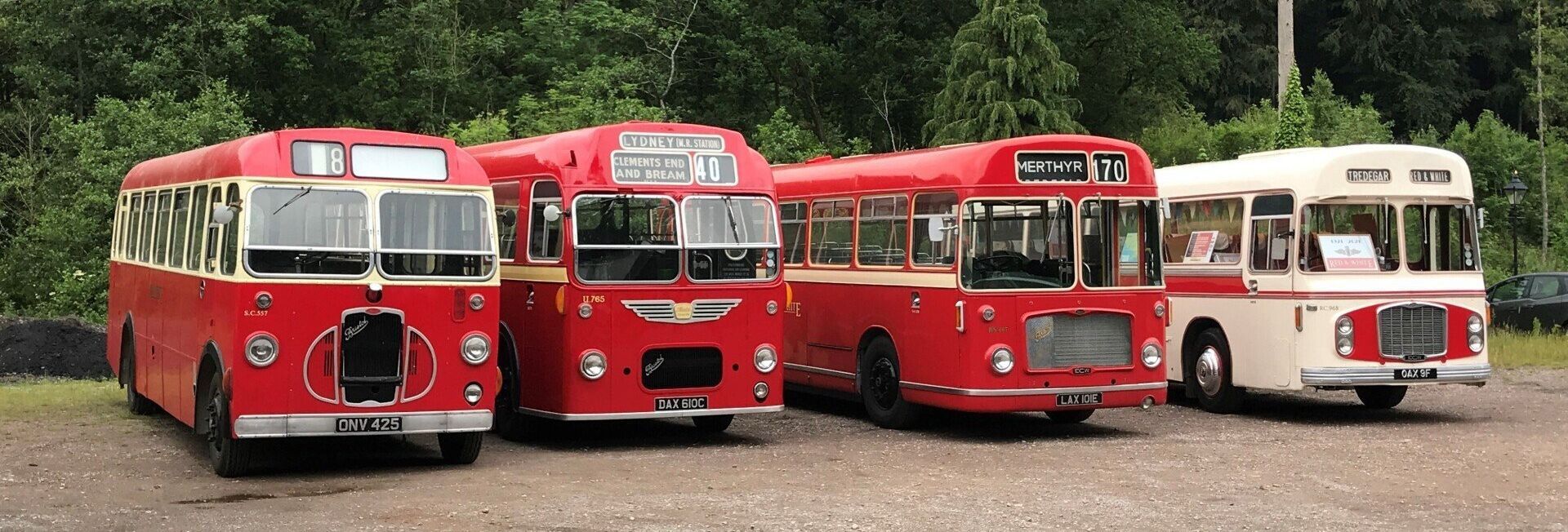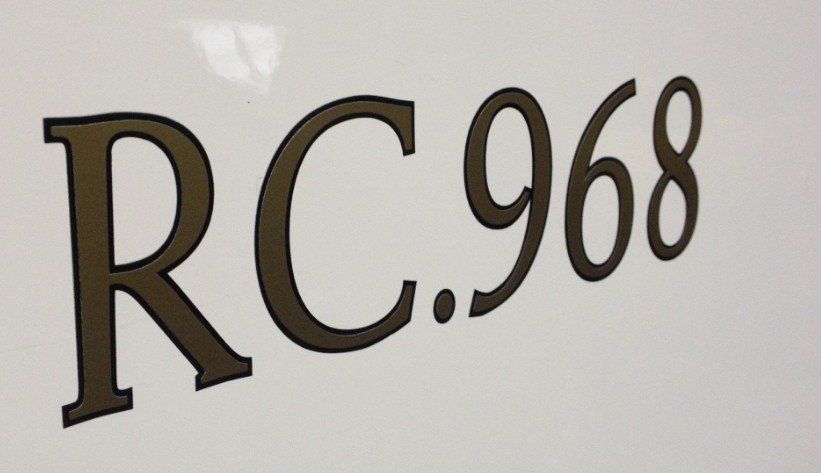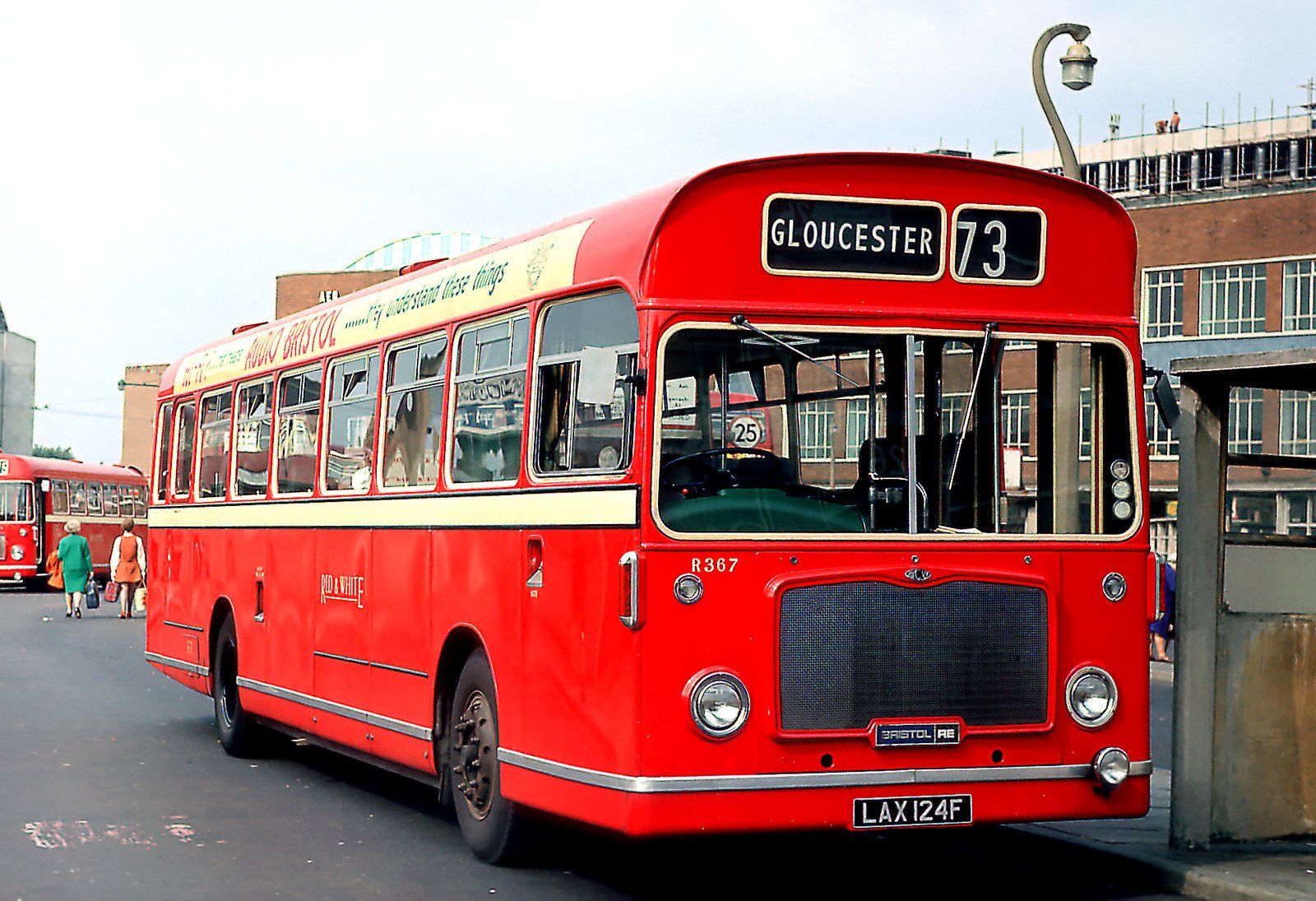
Photos: 19 AAX by Joseph Timbrell (flickr); 566 HWO by Brian Bennett (flickr); DAX 618C by Chris Stanley (flickr); LAX 125F by Oldbusman (flickr).
GHB 688N, was one of the first batch of Leyland National buses delivered to RED & WHITE in 1974/5.
The Leyland National was designed by Leyland Motors & the National Bus Company during the late-1960's/early-1970's. It was intended to replace all other makes/models of British-built single deck buses in production at that time. Hence, production of the Bristol RE chassis was ceased in 1975, in favour of the National.
Photo credit: The KDH Archive.
View the 15 survivors of the RED & WHITE fleet.
Fleet Numbers
In 1951 RED & WHITE introduced a unique alpha-numeric numbering system. It was ingenious, but requires some explanation. First there was the vehicle type letter(s). For saloons the codes were:
S = Single deck bus;
C = Coach;
U = Underfloor engine bus;
UC = Underfloor engine Coach;
R = Rear engine bus;
RS = Rear engine Short bus;
RC = Rear-engine Coach (this is Ruby);
RD = Rear engine Dual-purpose bus.
Then the last two numbers represent the year each vehicle was new. In Ruby's case the '68' is for 1968.
The number(s) between the letters & year indicate the vehicles' sequence in deliveries that year. So, Ruby is a Rear-engine Coach, the 9th of that type delivered in 1968. Hence:
Read
RED & WHITE complete fleet list (1930 to 1975).
Thanks to Richard Smith who has prepared this detailed fleet list.
Route 73
CARDIFF - Newport - Chepstow - Lydney - GLOUCESTER
1969 at Cardiff Bus Station. Route 73 ran daily, each hour. It took 2-hours 45-minutes to travel the 59-miles. It was one RED & WHITE's longest bus routes, which started in 1927.
What a great journey onboard LAX 124F (R367), a 1967 Bristol RELL bus, powered by a Leyland O.600 diesel engine!
RED & WHITE shared south east Wales with a number of other bus & coach operators.
